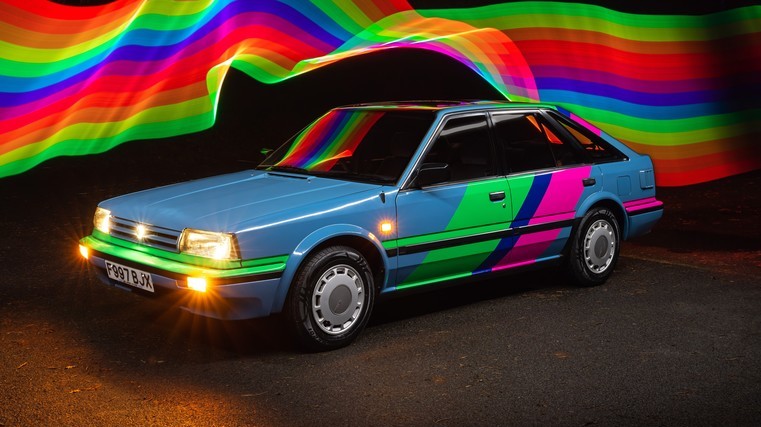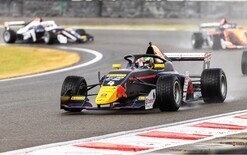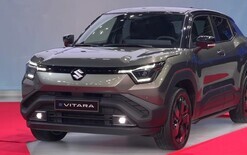Bluebird flies on electric

Nissan has commissioned a special conversion of its Bluebird, the first car off its production line in Sunderland, England, in 1986.
Called Newbird, the one-off is powered by the drivetrain of a Nissan Leaf, which kick-started the global trend towards electrification of mobility.
It connects three-and-half decades of manufacturing heritage at Sunderland as the marque accelerates towards an electrified future through Ambition 2030, Nissan’s long-term plan to empower mobility and beyond.
Alan Johnson, vice-president of manufacturing at the factory, says: “The Newbird represents all that’s great about our plant as we celebrate 35 years of manufacturing in Sunderland.
“We have a rich heritage of building great cars, right from the original Bluebird model. Our fantastic team is now leading the way as we drive towards an exciting electrified, carbon-neutral future.”
Andrew Humberstone, managing director of Nissan Motor GB, adds: “The Newbird project is a wonderful tribute to the enduring presence of high-quality manufacturing Nissan has enjoyed in the UK for more than three decades.”
The Bluebird has been extensively modified to integrate the Leaf’s electric drivetrain. The original’s combustion engine and gearbox were removed and a Leaf motor, inverter and 40kWh battery pack installed with the battery modules split between the engine bay and boot for optimised weight distribution.
Updates and modifications were made to the power steering, braking and heating systems to enable them to be electrically powered. A custom suspension was also installed to support the extra weight from the battery packs.
As a nod to the car’s electric updates, the original bonnet badge received a LED backlight for when the vehicle is static.
The car is recharged through the original fuel flap, which provides access to the charging port. The battery can be recharged at up to 6.6kW and the original instrument panel has been connected to the EV system to enable the fuel gauge to show the battery state of charge.
Although not homologated, the vehicle’s range from a single charge is estimated at about 209km subject to environmental factors and driving style with a 0-100kph time of just under 15 seconds.
For the exterior of the vehicle, Nissan Design Europe, which is based in London, created a graphic motif inspired by design cues of 1980s consumer technology, combined with a 21st-century aesthetic.
The conversion was project-managed by Kinghorn Electric Vehicles, a family-run company based in Durham, which is 24km from the Sunderland plant. It specialises in converting classics to full electric using second-life Leaf motors, inverters and batteries.





